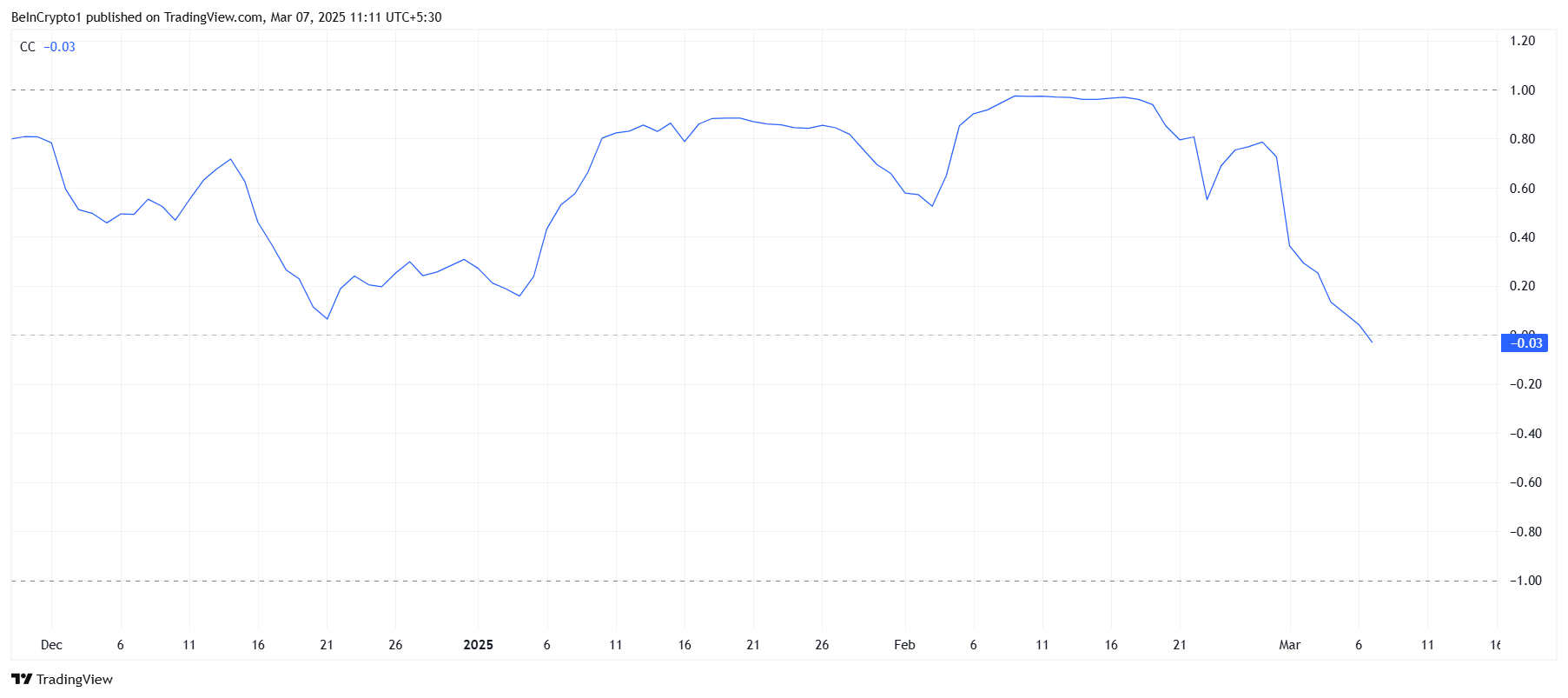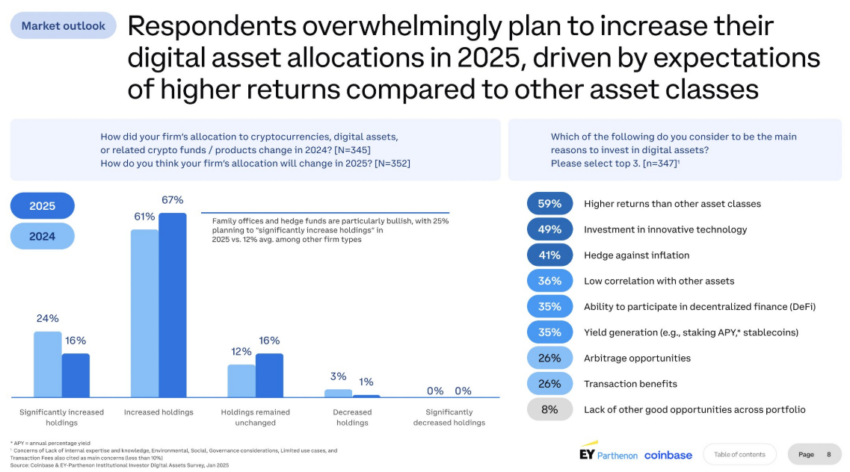Hong Kong is setting a robust regulatory framework to guide the responsible adoption of artificial intelligence (AI) within its financial services industry. On October 28, the Financial Services and Treasury Bureau (FSTB), the Hong Kong government agency responsible for financial policy, issued a comprehensive set of guidelines aimed at enhancing industry efficiency, security, and customer service. As AI reshapes industries worldwide, Hong Kong’s dual-track approach seeks to strike a balance between innovation and risk management.
A Dual-Track Approach To AI Adoption
The FSTB emphasized that while the financial sector in Hong Kong is enthusiastic about incorporating AI into its operations, a cautious and structured approach is necessary. The agency’s “dual-track” strategy aims to foster the development of AI while also addressing potential challenges, ensuring a well-rounded adoption process. According to the FSTB, this method allows financial institutions to integrate AI technologies gradually, with particular attention to ethical considerations and customer protection.
The FSTB noted that AI offers multiple opportunities for growth in financial services, particularly in areas like research and data analysis, building investment strategies, and automating customer service. But alongside these benefits come challenges, including job displacement, intellectual property concerns, and the need to protect stakeholders from potential AI-driven risks. Recognizing the intricate balance between opportunity and caution, the FSTB report stated, “AI adoption is a balancing act — capturing opportunities and mitigating risks.”
Key Benefits and Applications of AI in Hong Kong’s Financial Services
The FSTB’s policy paper outlines six core areas where AI could revolutionize the financial industry in Hong Kong:
- Research and Data Analysis – Using AI to conduct in-depth data analysis can drive new investment strategies and insights.
- Building Investment Strategies – AI-powered algorithms can quickly adapt to market shifts, helping investors stay agile.
- Enhanced Customer Service – AI can streamline and personalize customer interactions, improving satisfaction and engagement.
- Automated Risk Assessment – AI tools can more accurately gauge risks, supporting prudent decision-making in finance.
- Crime Detection and Prevention – Machine learning can aid in identifying fraudulent activities and enhancing regulatory compliance.
- Workflow Automation – By automating repetitive tasks, AI could increase operational efficiency across banking, insurance, and securities.
Collaboration with Regulatory Bodies
The FSTB emphasized a need for collaboration between the government, financial regulators, and industry stakeholders to create a supervisory framework. The aim is to mitigate the unique risks tied to AI, particularly in areas such as job displacement and intellectual property rights protection. This partnership approach will help ensure that AI adoption in financial services remains ethical, secure, and beneficial to all parties involved.
In addition to the FSTB’s policy statement, the Hong Kong Securities and Futures Commission (SFC) is expected to clarify its stance on AI adoption through a circular in November. The SFC’s forthcoming guidelines will address the regulatory obligations and potential risks associated with AI, especially for companies offering cryptocurrency over-the-counter (OTC) services.
This move follows an earlier proposal by the SFC and the Customs and Excise Department (C&ED) to introduce a licensing regime for crypto OTC trading, which allows users to privately buy and sell cryptocurrencies. Initially, the C&ED was expected to handle the licensing process independently; however, the SFC’s involvement signifies a comprehensive regulatory approach to managing AI and crypto activities together, reinforcing Hong Kong’s role as a regulatory leader.
As one of Asia’s leading financial hubs, Hong Kong’s dual-track AI policy marks a significant step toward an AI-integrated future while safeguarding public interest. By aligning innovation with oversight, Hong Kong aims to set a global standard for responsible AI use in finance, making the city a model for other regions contemplating similar AI frameworks.
Also Read: Foreign Investors Pull $15B From Chinese Stocks As Q3 Rally Sparks Caution Amid 30% Surge
With the FSTB’s guidance and the upcoming SFC regulations, Hong Kong is positioning itself at the forefront of responsible AI adoption in finance. This dual-track approach could pave the way for a balanced ecosystem where AI-powered solutions enhance productivity, compliance, and customer service without compromising ethical or regulatory standards.












